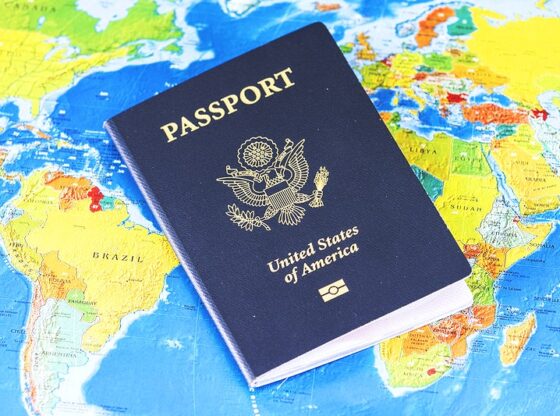On April 21, Pope Francis passed away at the age of 88, following complications from a stroke and heart failure. His passing left many mourning not just the loss of a spiritual leader, but of a global figure who championed compassion, inclusion and humility.
Throughout his papacy, Pope Francis shared deep insights about himself, a vulnerability that helped him connect with millions around the world. Just six months after he was elected as the head of the Catholic Church, he made a surprising statement when asked, “Who is Jorge Mario Bergoglio?” — the name he was given at birth.
“I am a sinner,” Pope Francis said in the interview. “This is the most accurate definition. It is not a figure of speech, a literary genre. I am a sinner.”
This simple yet profound admission set the tone for his entire papacy. By openly acknowledging his flaws, Pope Francis modeled a church rooted not in perfection or power, but in humility, mercy and genuine human connection — values that would come to define his role as a leader.
If there’s anything I’ve come to understand about Pope Francis through my research on him, it’s that he was a great reformer of the Catholic Church and its values. His leadership was defined by a deep commitment to compassion.
One prime example is how he sought to make the Catholic Church more welcoming to the LGBTQ+ community. He emphasized that loving whoever you choose is not a crime and that everyone deserves dignity and respect.
Pope Francis also leaves behind a legacy of elevating women in the Catholic Church. CNN emphasized Pope Francis’s historic efforts, noting that “Francis gave women the power to vote for the first time at a major global gathering of bishops.”
His vision did not come without resistance, but Pope Francis remained persistent in his ideals that the Church must evolve. His reforms, from promoting inclusivity and addressing global issues, reflected his understanding of the Church’s role in the modern world.
Even as controversies arose, Pope Francis still continued to act with remarkable humility and authenticity. He was never afraid to recognize the Church’s past mistakes or to challenge traditions that no longer served the greater good.
Individuals like Pope Francis hold deep significance for many because they embody the hopes, struggles and values of millions across the world. He represented a rare kind of leadership — one that prioritized compassion over division.
Pope Francis’s passing marks the end of an era, but his influence will undoubtedly endure. His call for a Church that welcomes the marginalized, uplifts the voiceless and champions love over division will remain a guiding light for many individuals.










